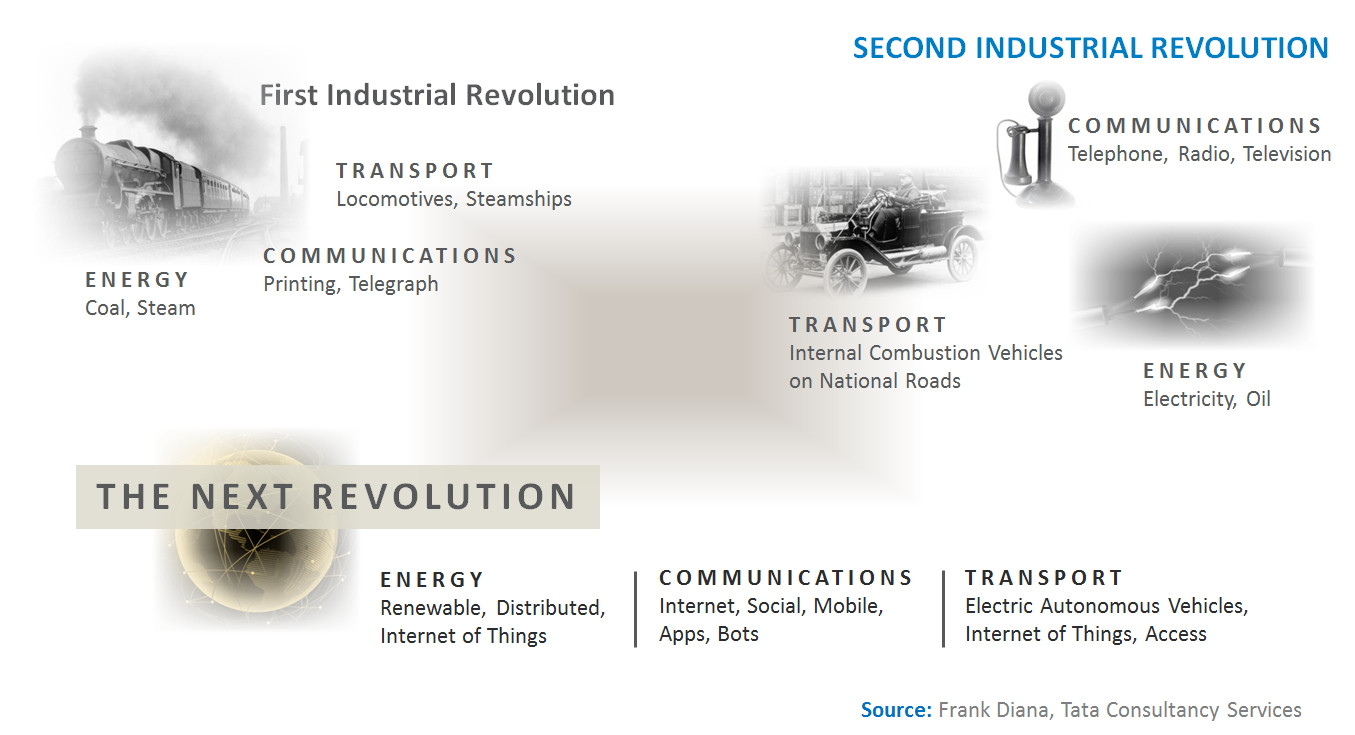I enjoyed participating in another episode of Coffee Break with Game-Changers this morning. The show’s title was: The Digital Economy is about to get more connected: The Rising Billions. I hope you get the chance to listen to the rebroadcast. The show was expertly moderated by Bonnie D. Graham, and my fellow panelists included Dennison DeGregor, the Worldwide Group Executive for CX Services at HP, and Paul Donovan, Senior Director in Solution Management at SAP.
The show abstract: According to Peter Diamandis of Singularity University, the most dramatic (positive) change in our global economy is about to occur between 2016 and 2020. He says that 3 to 5 billion new consumers, who have never purchased anything, never uploaded anything and never invented and sold anything, are about to come online and provide a mega-surge to the global economy. He calls this group the “Rising Billions.”
Technology giants like Google, Facebook, and SpaceX are all working hard to make this happen, and when it does, connectedness will take on new meaning. What will it mean to have a connected business in 2020? Now is the time for your company to begin addressing the fast-approaching era of hyper-connectivity in your business networks and turn it into sustainable growth opportunities. If you thought you were challenged to create the “The Internet of Me” today, that challenge is about to get much more complex.
Continue reading →




